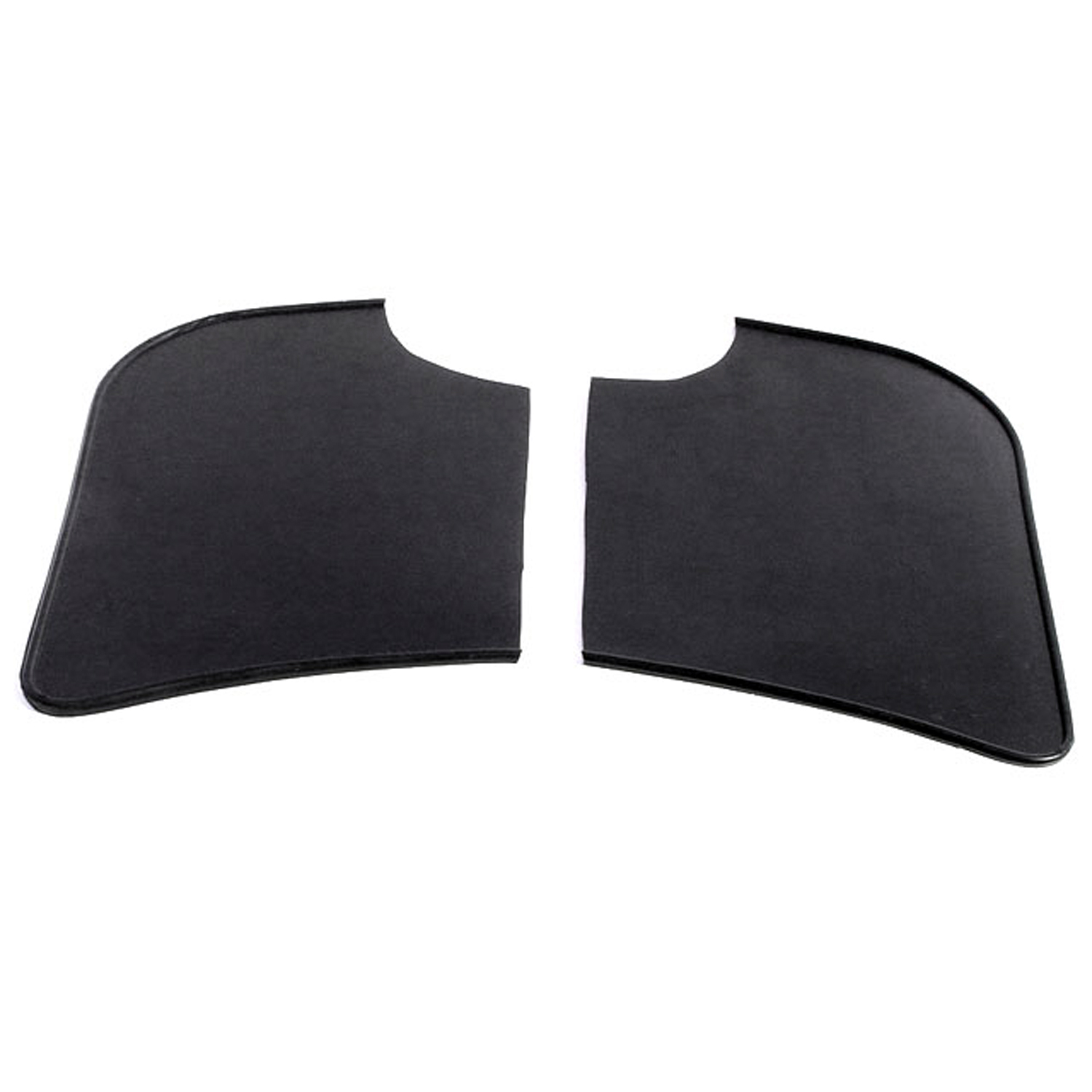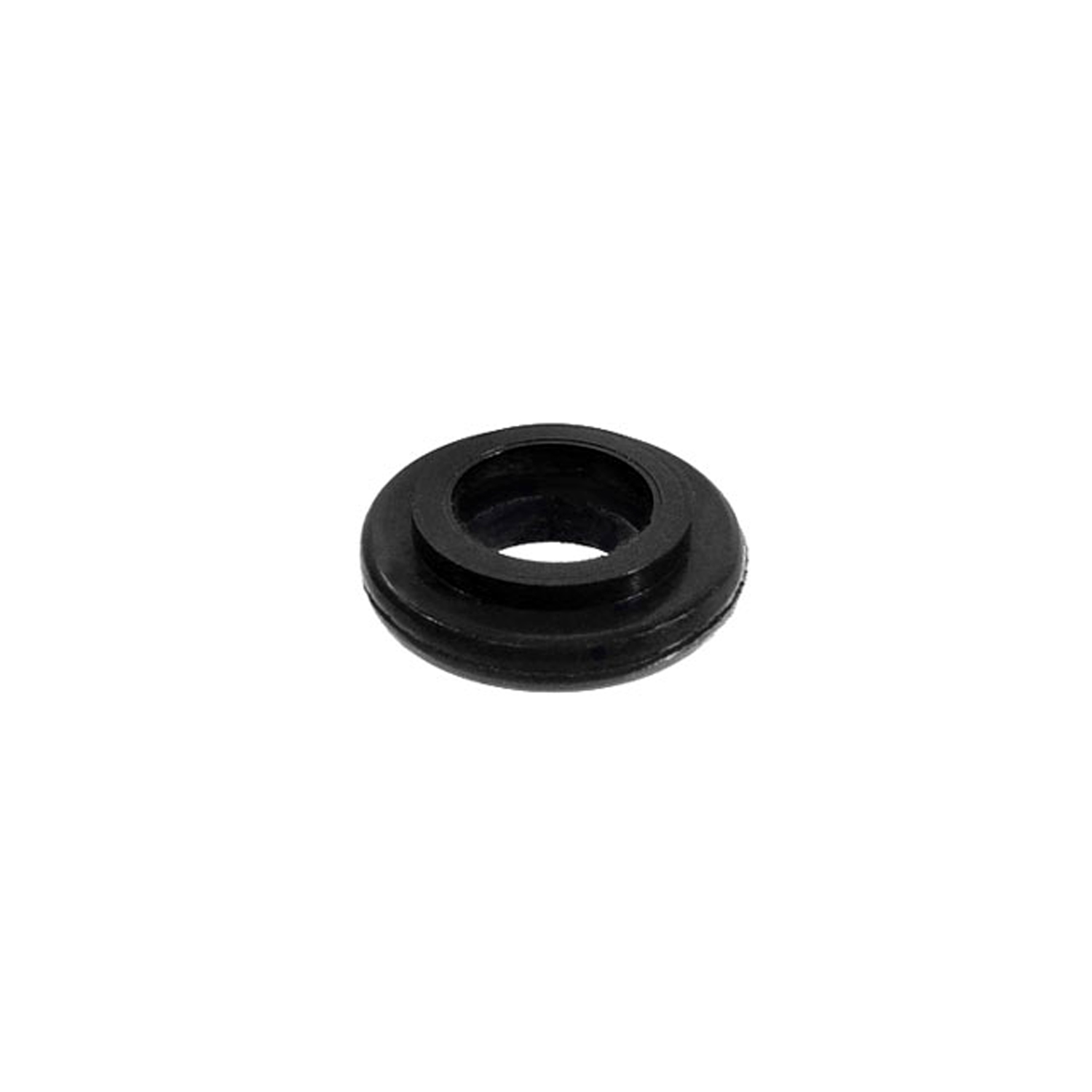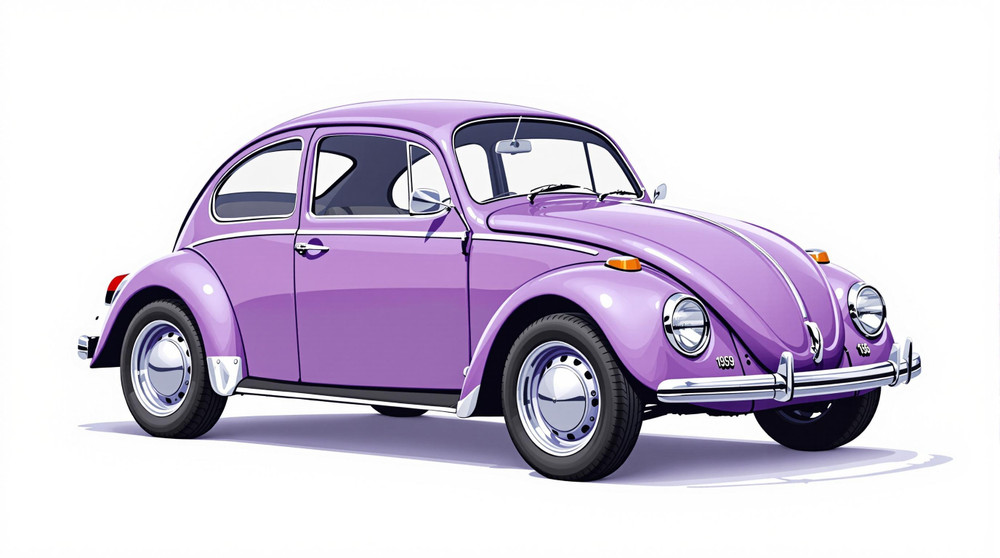Image of 1969 Volkswagen Beetle, Note: These illustrations use artistic license and may differ from actual historical models.
Performance Metrics
Fundamental Metrics
Emotional Appeal
MMP Rating
| Engine Specifications | |
|---|---|
| Engine: | 1.5L H4 |
| Displacement: | 1493 cc |
| Horsepower: | 44-53 hp |
| Torque: | 78-82 lb-ft |
| Compression Ratio: | 7.5:1 |
| Ignition System: | Breaker Point Ignition System |
| Cooling System: | Air Cooled |
| Performance Specifications | |
| 0-60 Time: | 20 seconds |
| 1/4 Mile Time: | Estimated 22 seconds |
| Top Speed: | 81 mph |
| Transmission and Drive | |
| Drive Type: | Rear Wheel Drive |
| Transmission Type: | 4-Speed Manual |
| Fuel and Efficiency | |
| Fuel System Type: | Carburetor |
| MPG: | 25-28 mpg |
| Dimensions and Brakes | |
| Brakes: | Drum Brakes |
| Wheelbase: | 94.5 inches |
| Weight: | 1830 lbs |
Note: Specifications for classic cars are given to the best of our ability, considering the limited and variant data available.
Introduction
The 1969 Volkswagen Beetle is not just a car; it's a cultural icon that encapsulates an era of simplicity, reliability, and charm. Born in the tumultuous times of pre-war Germany and designed by Ferdinand Porsche, the Beetle—or the 'Bug' as it's affectionately known—became a symbol of economical and durable design. Its distinctive rounded shape and rear-engine layout were more than just novel; they were revolutionary. A unique fact that often surprises many is that the Beetle was originally commissioned by Adolf Hitler as an affordable car for the masses, which later became one of the most beloved vehicles worldwide.
Design and Innovation
With its unmistakable curved silhouette, the 1969 Volkswagen Beetle's exterior styling is both timeless and endearing. The small, rounded headlights perched on the front fenders, and the sloping hood that concealed the trunk space, gave it a friendly face that appealed to a broad audience. Inside, the Beetle was modest yet functional with a metal dashboard, simple instrumentation, and high-quality vinyl seats. Despite its compact dimensions, the interior was surprisingly spacious due to its efficient design. Technologically, it boasted an air-cooled flat-four engine that was simple to maintain and reliable. Color options ranged from vibrant hues to more subdued tones, with colors like "Diamond Blue" and "Clementine Orange" being popular choices. The most iconic body style was undoubtedly the two-door sedan, which became synonymous with the Beetle's image.
Historical Significance
The 1969 Volkswagen Beetle holds a special place in automotive history for its role in democratizing car ownership. It set itself apart with its affordability and simplicity at a time when other manufacturers were focusing on larger and more luxurious vehicles. Its lasting influence can be seen in how it paved the way for future economy cars that prioritized practicality over opulence.
Performance and Handling
The performance of the 1969 Beetle may seem modest by today's standards, but at the time, it was sufficient for its intended purpose as an economical runabout. With a top speed hovering around 80 mph and an acceleration from 0-60 mph in about 16 seconds, it wasn't going to win any drag races. However, handling was where the Beetle shone; its lightweight construction and rear-engine layout provided nimble handling characteristics. The driving experience was unique—the hum of the air-cooled engine was unmistakable, and there was a certain rawness to driving a car where you could feel every bump and hear every mechanical operation.
Ownership Experience
The 1969 Volkswagen Beetle was many things to many people—a daily driver for some, a show car for others, and even a platform for racing among enthusiasts. Its maintenance was straightforward enough that many owners could perform repairs themselves. The Beetle's reliability became legendary, as did stories of Beetles reaching astronomical mileages with minimal mechanical intervention.
Fun Facts
The Volkswagen Beetle has been owned by celebrities like Ewan McGregor and has made appearances in countless films including Disney's "The Love Bug." It has set records too—perhaps most notably for being the most-manufactured single design in automotive history. Criticisms often centered around its lackluster performance or heating issues in colder climates.
Collector's Information
Today, collectors cherish the 1969 Volkswagen Beetle for its historical significance and charm. With millions produced during its run, rarity isn't its selling point—condition is. Well-preserved or expertly restored models can fetch anywhere from $15,000 to $30,000 depending on various factors like originality and provenance. The market trend shows appreciation for exceptional examples as nostalgia fuels demand.
Conclusion
The 1969 Volkswagen Beetle is more than just a vehicle; it's a testament to design efficiency and cultural impact that transcends generations. Its legacy endures not only in museums or collectors' garages but also on modern roads where it continues to capture hearts with its simplicity and character—a true classic that reminds us of where we've been and how far we've come.
1969 Volkswagen Beetle Catalog of Parts
 1969 Volkswagen Beetle Gravel Shields. Molded flat without metal backing plates-FS 40Gravel Shields. Molded flat without metal backing plates. Apply with contact cement. 7-5/8" long X 5-5/8" wide at top. Pair
1969 Volkswagen Beetle Gravel Shields. Molded flat without metal backing plates-FS 40Gravel Shields. Molded flat without metal backing plates. Apply with contact cement. 7-5/8" long X 5-5/8" wide at top. Pair 1969 Volkswagen Beetle Oil Cooler Seal. 7/16" I.D., 7/8" O.D. Each-RP 8-BOil Cooler Seal. 7/16" I.D., 7/8" O.D. Each
1969 Volkswagen Beetle Oil Cooler Seal. 7/16" I.D., 7/8" O.D. Each-RP 8-BOil Cooler Seal. 7/16" I.D., 7/8" O.D. EachWhy Choose Metro?
For over 100 years, Metro Moulded Parts has been the pinnacle of quality in classic car restoration parts. Our commitment to precision and authenticity in every component ensures a perfect fit and an OEM-level appearance.
- Expert Craftsmanship & Quality: Each part is a testament to our dedication to reliability and perfection, crafted from original designs and thoroughly tested.
- Advanced Technology: We use cutting-edge techniques to create flawless, long-lasting parts that surpass others in performance.
- SuperSoft Sponge – The Ultimate Door Seal: Not only are our door seals 30% softer than competitors', but they're also guaranteed to never leak. They effectively reduce wind and road noise, enhancing your classic car's comfort and driving experience.
- Proudly American: Our parts are a product of American craftsmanship, made in the USA with a spirit of excellence and heritage.
- Unrivaled Warranty: We back our products with a 30-year industry-leading warranty, a testament to our confidence in their quality.
Join us in preserving the legacy of classic cars with parts that are crafted for perfection, not just made.

